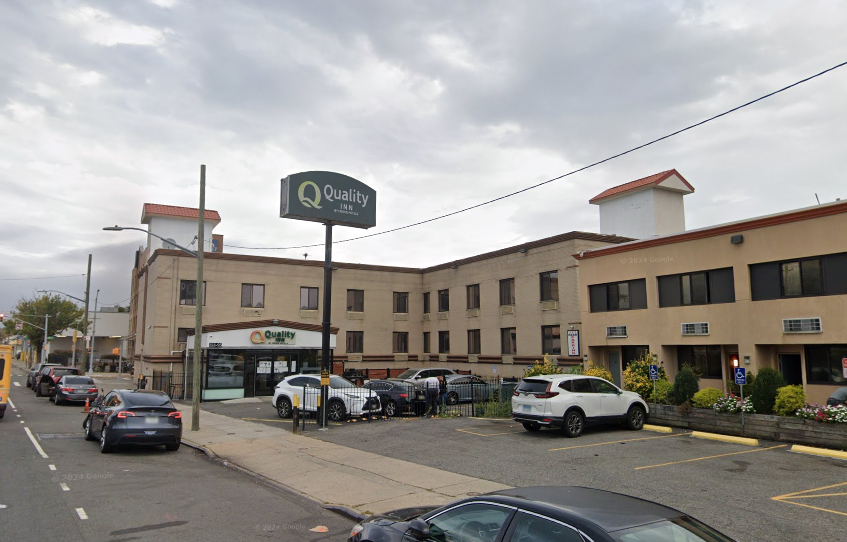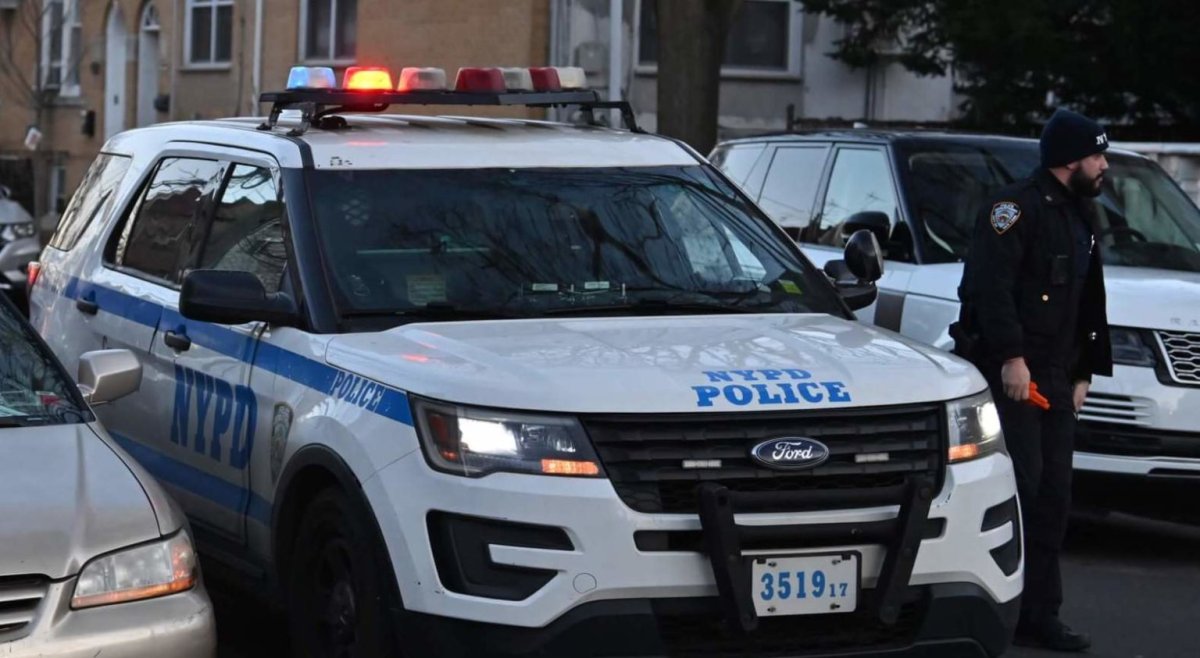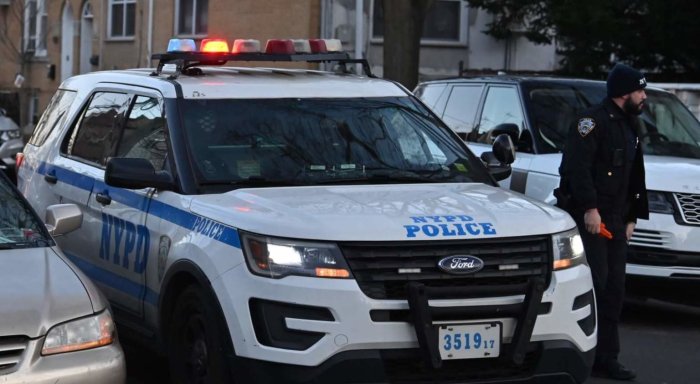Gov. Andrew Cuomo’s groundbreaking tuition-free degree program, The Excelsior Scholarship, which gives free tuition to some full-time college students and passed in the budget Sunday night, is getting mixed reviews.
“It’s awesome!” said Melissa Mercado, a billing administrator from Hunts Point who has no college savings for her 15-year-old daughter. Cuomo said about 80 percent of New York State families should qualify for the program, which will be phased in over three years and provide the balance of tuition to families and individuals making up to $125,000 a year by year 2019.
“I’m definitely part of that 80 percent,” said Mercado, who said her daughter, an excellent student, should qualify.
Bernie Sanders, a Vermont senator and former presidential candidate who campaigned on a platform that anyone from a family making less than $125,000 a year should get a free college education also extended an attaboy. “Real progress appears to be taking place in New York State. Let’s keep the pressure on,” he tweeted.
But some CUNY students and critics complain that the program is class biased, benefiting wealthier students at the expense of poorer ones, and fails to take into account the realities of life for poor students. Tuition will rise about $1,000 a year over the next five years for those who do not qualify, and undocumented students are completely excluded from benefits, complained John Aderounmu, a Hunter College undergrad and member of the campaign Make CUNY Free Again. (CUNY was free until 1976.)
Cuomo claims that more than 940,000 middle class families and individuals will qualify for free tuition, but Aderounmu said that “very few students are eligible” for the Excelsior Scholarship. Why? Recipients must take a course load of at least five courses and there is no provision for living expenses. Most low income students have to work while attending college and can’t afford to take such a heavy course load, said Aderounmu, who lives in Far Rockaway.
The legislation “allows each college to determine the GPA required to stay in the program,” and if more people qualify than there are slots available, awards will be decided “through a lottery or other mechanism to be decided by college presidents,” said Erik Forman, an organizer for the Make CUNY Free Again campaign. “They might as well say ‘while supplies last,’” scoffed Forman. His organization would like to see CUNY provide free educations to any New Yorker with a high school diploma or GED regardless of immigration status, stipends provided to needy students, city funding to approximate the funding of private colleges and wage parity for CUNY faculty. The changes proposed would be funded by a tax on the top 1 percent of earners in the city.
“CUNY should be fully funded,” to alleviate all the robbing-Peter-to-pay-Paul squabbles, agreed Isabelle Nastasia, 25, who graduated from Brooklyn College in 2014 and is still paying off $10,000 in student loans. Cuomo’s plan is a “step in the right direction,” said Nastasia, who lives in Bed-Stuy and works as a personal assistant. “But it’s just not adequate,” in addressing the needs of many poorer students, she said.
The Excelsior Scholarship “is a cosmetic solution,” chorused Alvaro Franco, 27, a tenant organizer and CUNY grad who lives in the Bronx. “All this does is alleviate some of the burden on full-time students.”





























